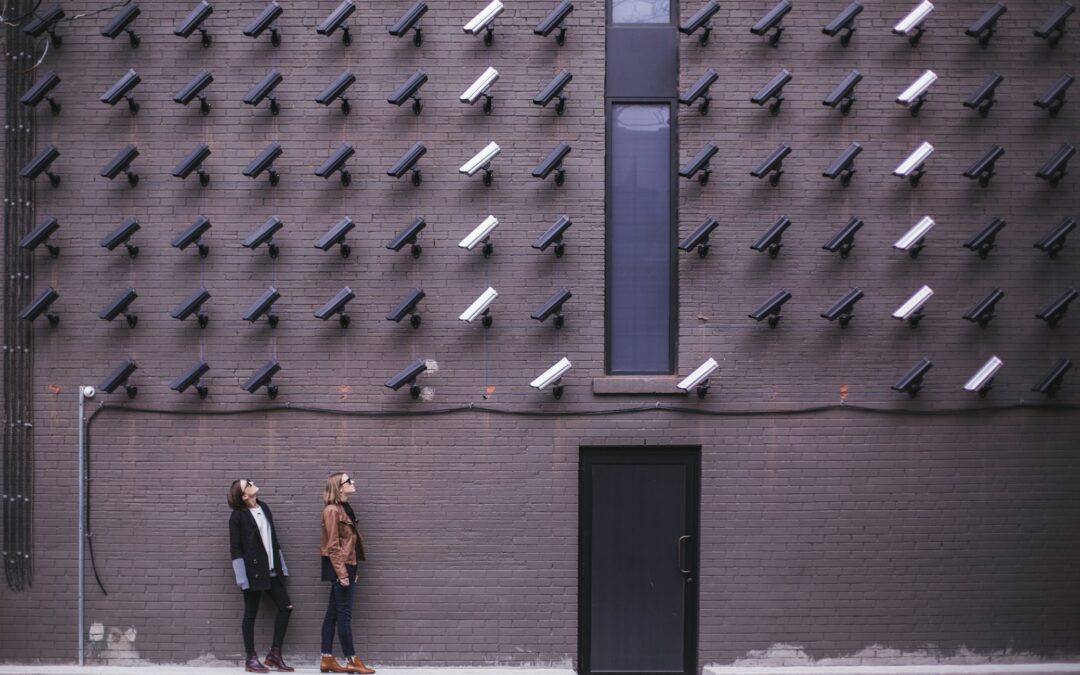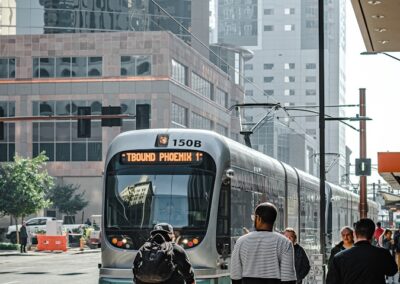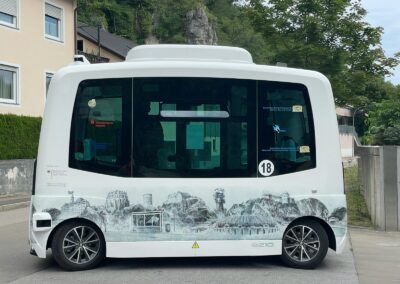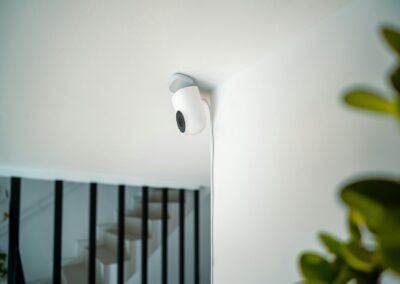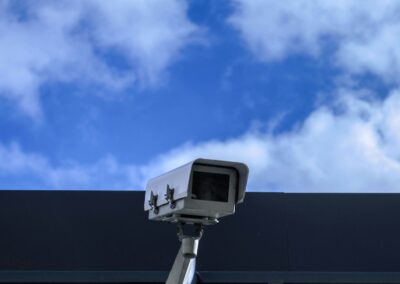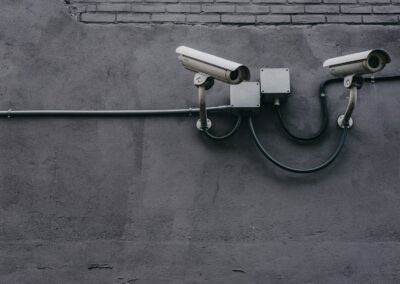How Smart Security Systems Improve Public Safety and Accessibility
Enhancing Public Safety with Smart Security Systems
The implementation of smart security systems in public spaces is a critical step towards enhancing safety and security. In regions like Saudi Arabia and the UAE, where rapid urban development is a hallmark, adopting advanced security measures is essential. Smart security systems leverage technologies such as artificial intelligence (AI) and the Internet of Things (IoT) to provide real-time monitoring and threat detection. These systems can analyze vast amounts of data from various sensors and cameras, identifying potential threats before they escalate into incidents.
Moreover, smart security systems enhance public safety by enabling quicker response times. In bustling cities like Riyadh and Dubai, where large crowds are common, the ability to promptly address security threats is paramount. AI-powered surveillance can detect unusual activities and alert security personnel immediately, allowing for swift intervention. This proactive approach not only prevents incidents but also reassures the public of their safety.
Another significant advantage of smart security systems is their ability to integrate with other public safety measures. For instance, integrating these systems with emergency response services ensures a coordinated and efficient approach to handling security threats. In the event of an emergency, real-time data from security systems can be relayed to emergency responders, providing them with critical information to manage the situation effectively. This level of integration is particularly beneficial in high-profile public spaces such as airports, malls, and stadiums in Riyadh and Dubai.
Improving Accessibility Through Smart Security Systems
While the primary focus of smart security systems is enhancing safety, they also play a crucial role in improving accessibility in public spaces. By utilizing advanced technologies like AI and IoT, these systems can create a more inclusive environment for all users. For example, smart security systems can be integrated with accessibility features to assist individuals with disabilities. Automated doors, elevators, and navigation aids can be linked to security systems, ensuring that they are safe and accessible for everyone.
In cities like Riyadh and Dubai, where inclusivity is a growing priority, smart security systems can significantly contribute to creating barrier-free environments. These systems can monitor and manage accessibility features in real-time, ensuring that they are always operational and safe. For instance, sensors can detect if an elevator is malfunctioning and promptly alert maintenance teams to fix the issue, minimizing inconvenience for users with mobility challenges.
Furthermore, smart security systems can enhance accessibility by providing real-time information to users. Digital displays and mobile applications can offer updates on security and accessibility features in public spaces. For example, a mobile app could inform users about the availability of accessible parking spaces or the status of ramps and elevators. This real-time information empowers users, especially those with disabilities, to navigate public spaces with confidence and ease.
Leadership and Management in Implementing Smart Security Systems
The successful implementation of smart security systems in public spaces requires effective leadership and management skills. Business executives and mid-level managers must possess a clear understanding of the technologies involved and the potential benefits they offer. This involves continuous learning and staying updated with the latest advancements in AI, blockchain, and the metaverse, which are integral components of smart security systems.
Change management is a critical aspect of implementing smart security systems. Leaders must navigate the complexities of integrating new technologies into existing infrastructures without disrupting daily operations. This requires strategic planning and coordination with various stakeholders, including security vendors, management consultants, and government authorities. In Saudi Arabia and the UAE, where public safety is a top priority, leaders must ensure that the transition to smart security systems is smooth and efficient.
Effective communication is also essential for the successful deployment of smart security systems. Leaders must articulate the benefits of these systems to all stakeholders, including the public, to gain their support and cooperation. This involves transparent communication about the goals, processes, and expected outcomes of the implementation. In regions like Riyadh and Dubai, where public awareness and acceptance are crucial, clear and consistent messaging can significantly influence the success of smart security initiatives.
#SmartSecuritySystems #PublicSafety #Accessibility #BusinessSuccess #ManagementConsulting #AI #Blockchain #Metaverse #GenerativeAI #SaudiArabia #UAE #Riyadh #Dubai #Leadership #ProjectManagement

